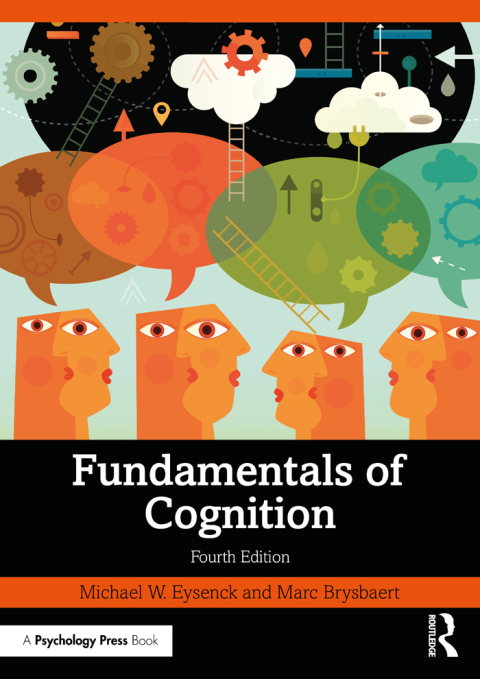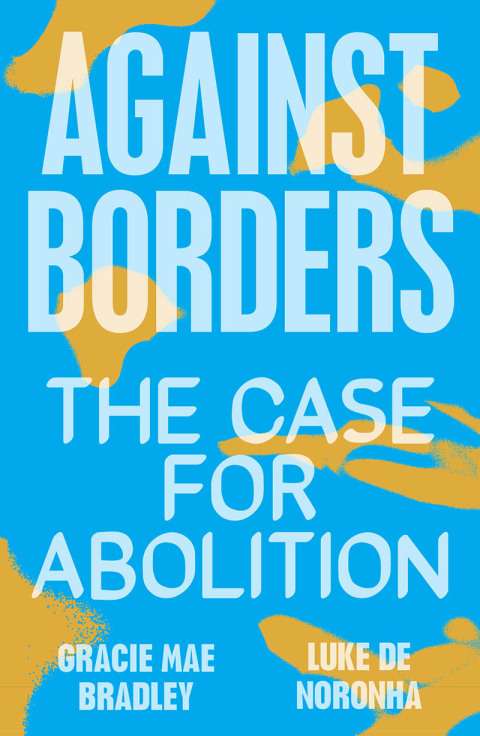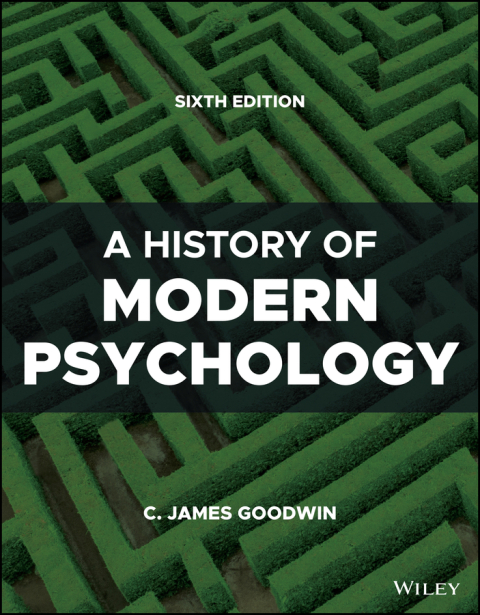Description
Efnisyfirlit
- Cover
- Half Title
- Endorsements
- Title Page
- Copyright Page
- Contents
- Preface
- 1 What is cognitive psychology?
- Introduction
- What methods have been proposed to study the human mind?
- Introspection
- Observation and Manipulation
- Theory Building, VERIFICATION, AND Falsification
- Contemporary cognitive psychology
- Experimental Cognitive Psychology
- Cognitive Neuroscience
- Cognitive Neuropsychology
- Computational Cognitive Science
- Combining Approaches
- Growing Interest in Individual Differences
- Use of Big Data
- References
- 2 Visual perception
- Introduction
- From sensation to perception
- Sensation vs. perception
- Perceptual organisation
- The gestalt laws
- Figure–ground segregation
- Findings
- Pattern recognition
- Template theories
- Feature Theories
- Top-Down Processes
- Visual object recognition
- Recognition-by-components theory
- Does viewpoint affect object Recognition?
- Disorders of Object Recognition
- Face recognition
- Face recognition by eyewitnesses
- Face vs. object Recognition
- Face blindness: Prosopagnosia
- Face recognition network in the brain
- Models of face Recognition
- Super-Recognisers
- Perception and action
- Two visual systems: perception and action
- In sight but out of mind
- Inattentional blindness
- Change blindness
- What causes change blindness?
- Does perception require conscious awareness?
- Empirical evidence for unconscious processing
- Issues
- Evaluation
- References
- 3 Attention and performance
- Introduction
- Selective auditory attention
- Where is the Bottleneck?
- Recent Developments
- Selective visual attention
- POSNER’S Paradigm
- Spotlight, Zoom Lens, or Split?
- What is Selected?
- What Happens to Unattended Stimuli?
- Cross-Modal Effects
- Visual search
- The Guided Search Model
- Disorders of attention
- Neglect and Extinction
- Multitasking
- Why do We Multitask?
- Practice and Dual-Task Performance
- Does Practice Make 100% Perfect?
- Attention and consciousness
- Consciousness
- The Relationship Between Attention and Consciousness
- Controlling Actions: Unconscious Processing and Free Will
- References
- 4 Short-term and working memory
- Introduction
- Short-term memory
- The Atkinson and Shiffrin Model of Memory
- Short-Term Memory Capacity
- Duration
- Short-Term vs. Long-Term Memory
- Working memory
- The Baddeley and Hitch Working Memory Model
- Phonological Loop
- Visuo-Spatial Sketchpad
- Central Executive
- Episodic Buffer
- Unitary-Store Alternative
- Working memory capacity
- Measuring Working Memory Capacity
- Working Memory Capacity and Intelligence
- Can Working Memory Capacity be Trained?
- References
- 5 Learning and long-term memory
- Introduction
- Implicit vs. explicit learning
- Assessing implicit learning
- Specific characteristics of implicit learning
- Neuroscientific evidence
- Conclusions
- Variables affecting explicit learning
- Levels of processing
- Distinctiveness
- The testing effect
- Long-term memory
- Declarative vs. non-declarative memory
- Semantic memory
- Episodic memory
- Amnesia
- Retrograde and anterograde amnesia
- What remains intact?
- Episodic memory is particularly vulnerable
- Semantic memory without episodic memory?
- Forgetting and misremembering
- The forgetting curve
- Origins of forgetting
- Interference effects
- Recall vs. recognition
- Consolidation
- Misremembering
- References
- 6 Knowledge in semantic memory
- Introduction
- Concepts
- The Common Feature Approach
- Prototype Approach
- Exemplar Approach
- Knowledge-Based Approach
- Embodied Cognition Approach
- Integration: the Hub-and-Spoke-Model
- Conclusion
- Organisation of concepts
- Hierarchies of Concepts
- A Network of Concepts
- Schemas and stereotypes
- From Concepts to Propositions
- Combining Propositions Into Events and Schemas
- Stereotypes
- References
- 7 Everyday memory
- Introduction
- Traditional Memory Research Vs. Everyday Memory Research
- Chapter Structure
- Autobiographical memory
- Autobiographical Vs. Episodic Memory
- How Good Is Autobiographical Memory?
- Flashbulb Memories
- Recovered Memories
- Memories Across The Lifespan
- Self-Memory System Model
- Eyewitness testimony
- Post-Event Misinformation Effect
- Source Misattribution
- Remembering Faces
- Confirmation Bias
- Violence And Anxiety
- Ageing And Eyewitness Testimony
- Cognitive Interview
- Self-Administered Interview
- Prospective memory
- Prospective Memory Vs. Retrospective Memory
- Stages In Prospective Memory
- Event-Based VS. Time-Based Prospective Memory
- Prospective Memory As Part Of Future Thinking
- Obsessive-Compulsive Disorder And Checking Behaviour
- Improving Prospective Memory
- References
- 8 Language
- Introduction
- Chapter organisation
- Speaking
- Stages of speech production
- Tip-of-the-tongue state
- Speech planning
- Speech errors
- Speech disorders and aphasia
- Speech perception
- Models of speech perception
- Multi-Modal Aspects of Speech Perception
- Cognitive neuropsychology of speech perception
- Reading
- IT’S IN THE Eyes
- Sound as well as vision?
- Three routes from orthography to phonology
- Dyslexia
- From words to conversations
- Easy and difficult words
- Sentence parsing: who does what to whom?
- From sentences to conversation
- Common ground
- References
- 9 Problem solving
- Introduction
- Problem-solving strategies
- Algorithms Vs. Heuristics
- Heuristics Used In Problem Solving
- Does insight exist?
- Insight Vs. Non-Insight Problems
- How Special Are Insight Problems?
- Facilitating Insight With Hints
- Incubation And Sleep
- How useful is past experience?
- Expertise
- Deliberate Practice
- Functional Fixedness
- Mental Set
- Ways To Counteract Functional Fixedness And Mental Set
- Hypothesis testing
- Two Ways To Test Hypotheses
- Motivated Reasoning
- Problem solutions
- References
- 10 Judgement, decision making, and reasoning
- Introduction
- Judgement
- Likelihood depends on the availability of supporting information
- Base rate information
- Why we keep using heuristics
- Dual-process model
- Decision making
- Losses and gains
- Emotional factors
- Social context
- Study context
- Reasoning
- Syllogistic reasoning
- Conditional Reasoning
- Wason selection task
- Theories of reasoning
- Mental models theory
- Informal reasoning
- Are humans rational?
- Why people are better than researchers claim
- Evidence that human reasoning is not optimal
- What is rationality?
- Individual differences: intelligence
- References
- 11 Cognition and emotion
- Introduction
- The Structure of Emotions
- The Components of Emotions
- Emotion, Mood, Personality, and Affect
- Cognitive processes in emotions
- Stimulus Appraisal
- Physiological Processes in Emotions
- Understanding Emotions
- Emotion Regulation
- How does emotion influence cognition?
- Attention
- Interpretation Bias
- Memory
- Judgement and Decision Making
- Moral Dilemmas
- References
- Glossary
- Name index
- Subject index







Reviews
There are no reviews yet.